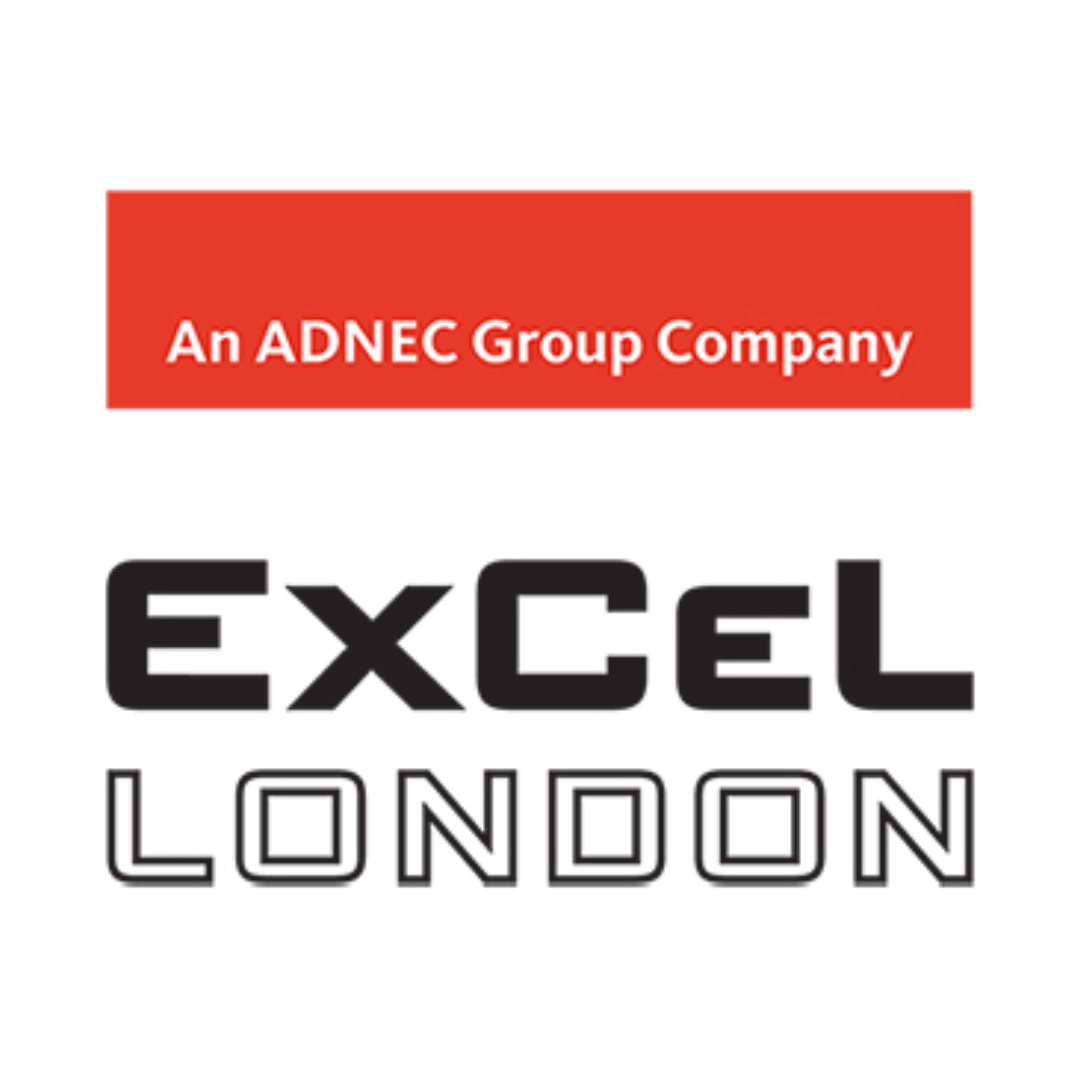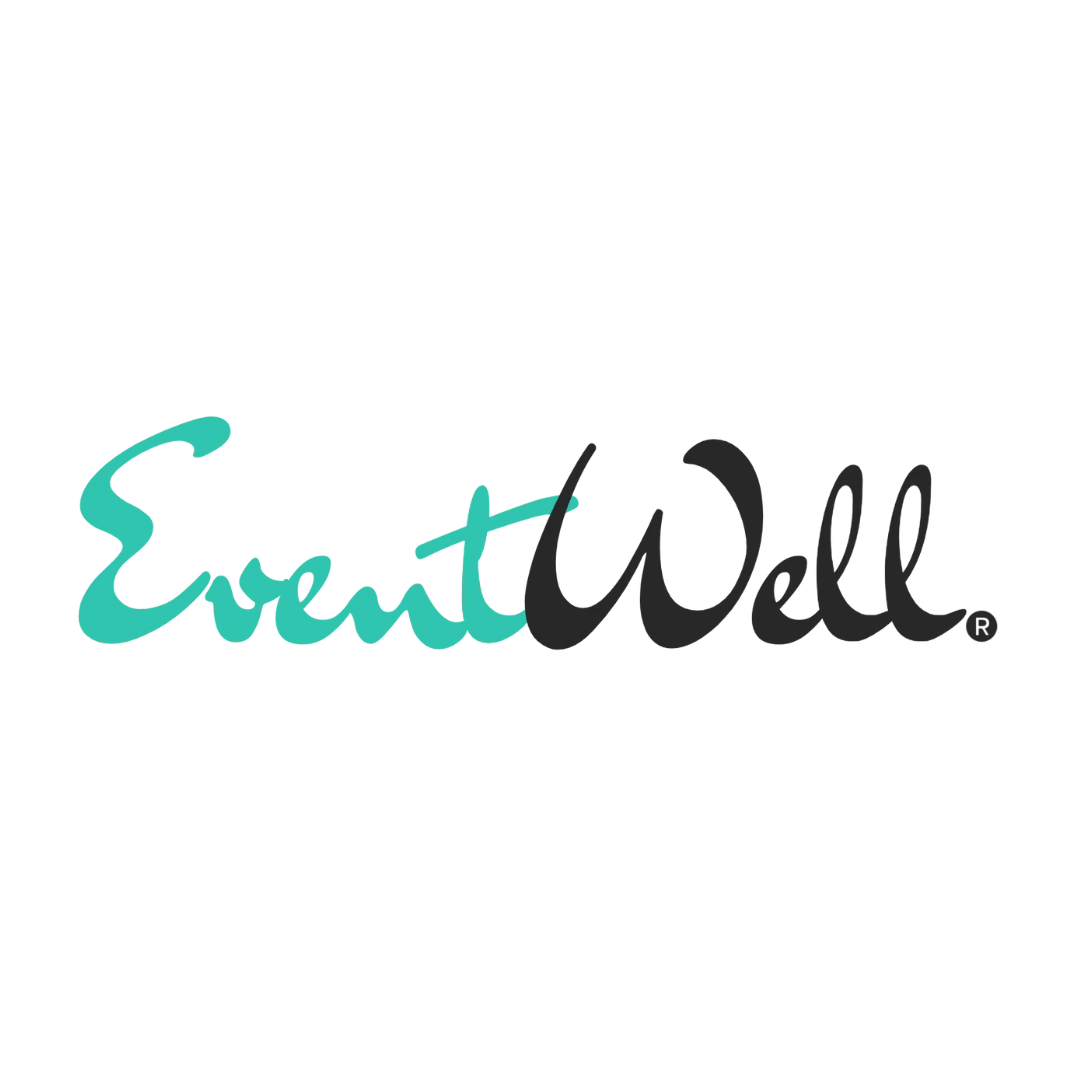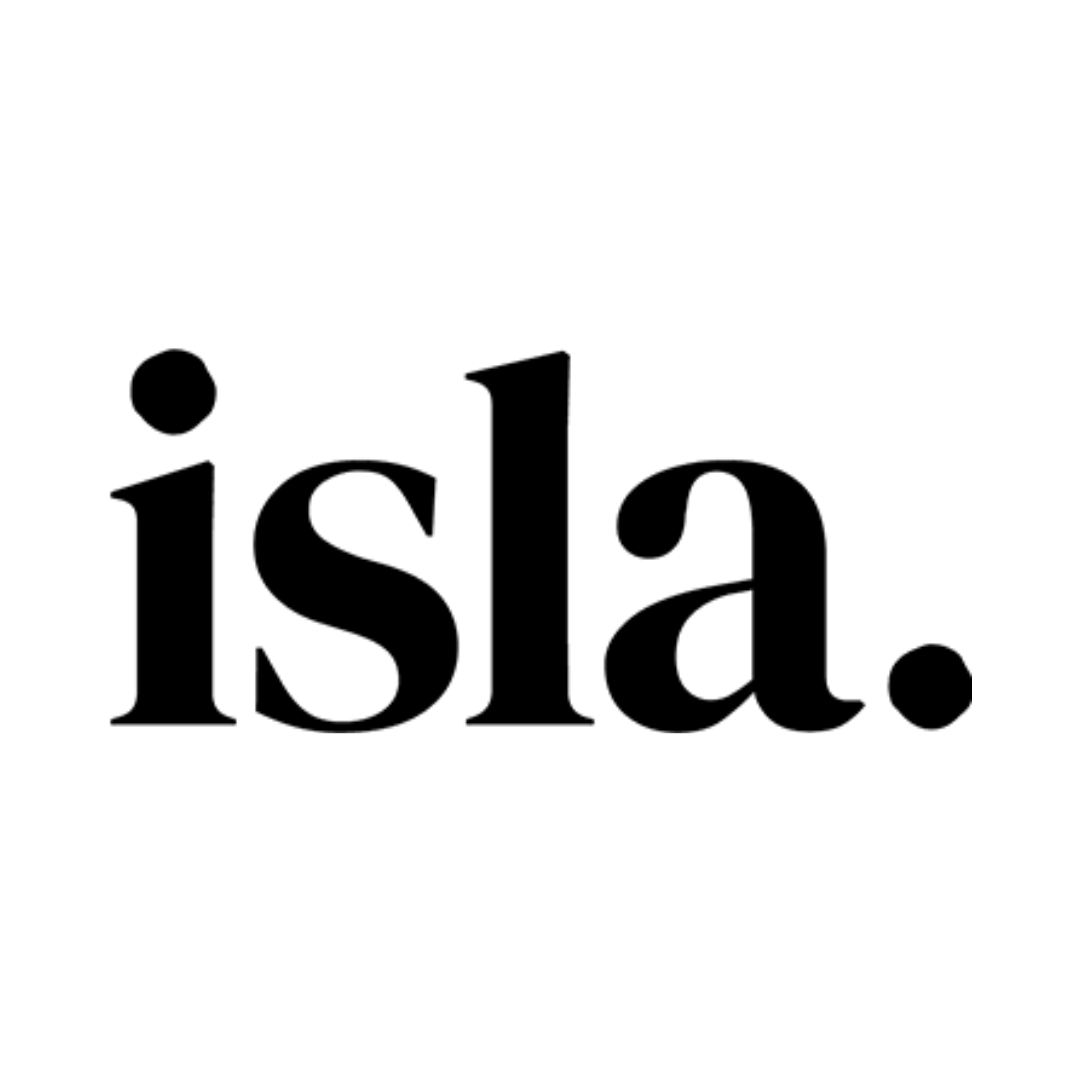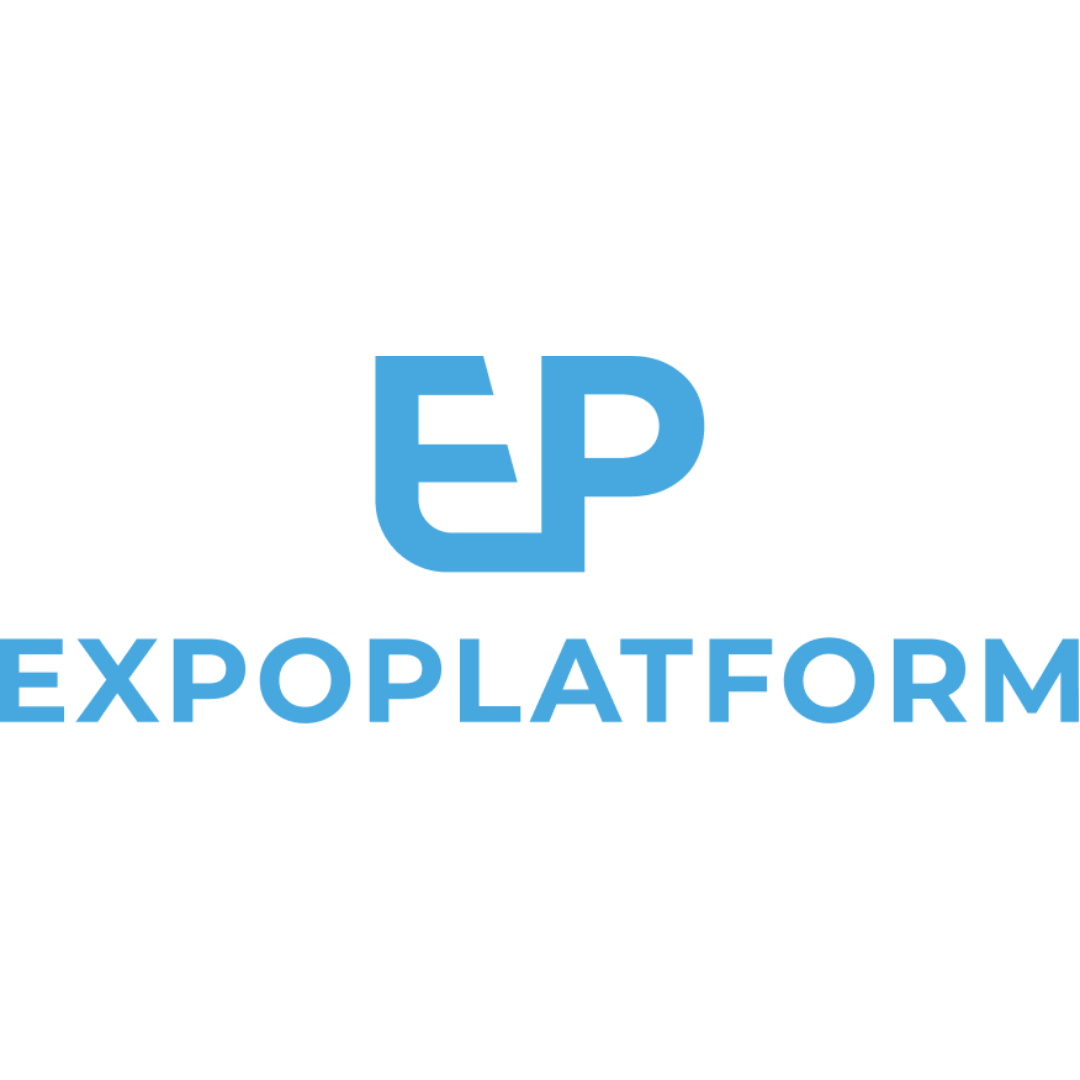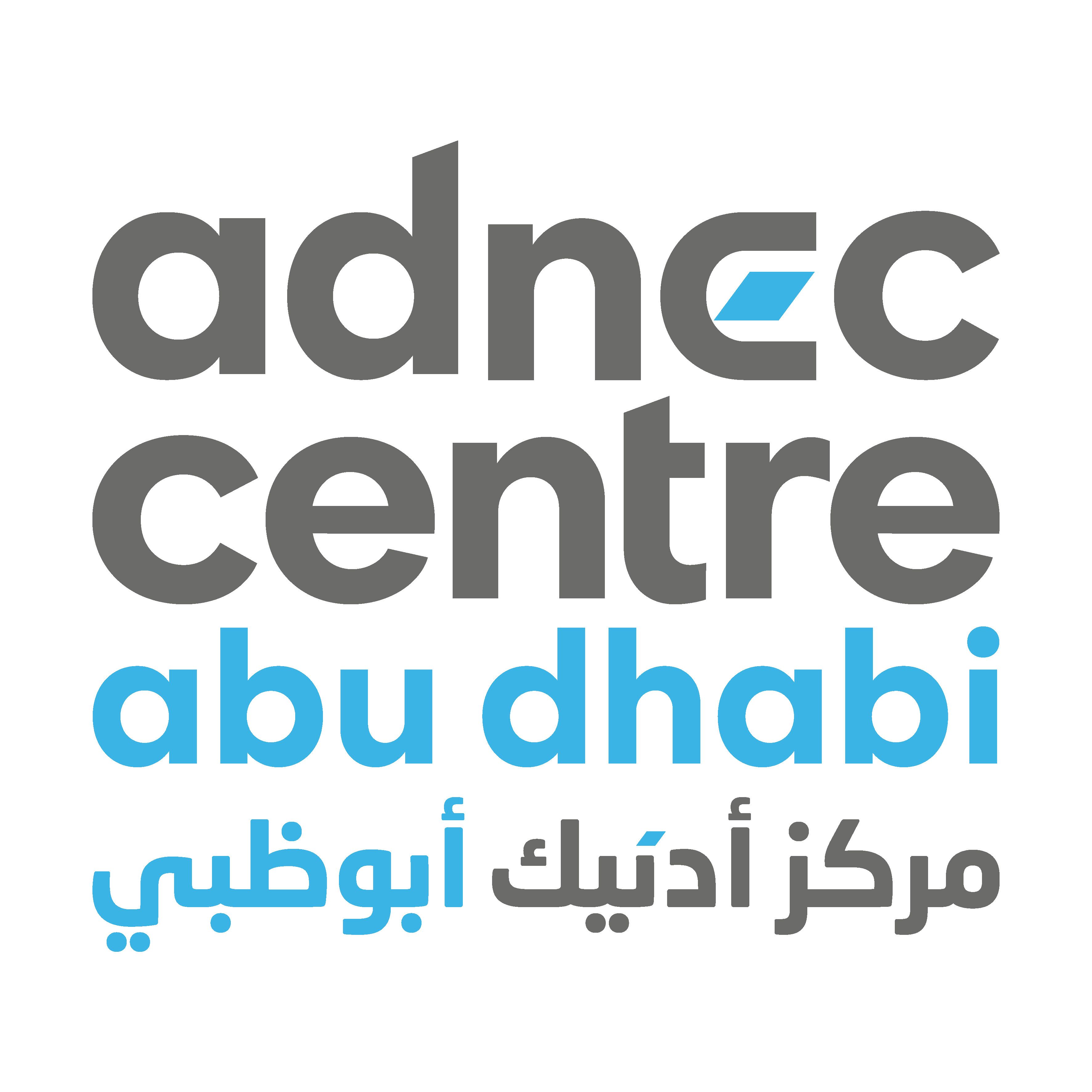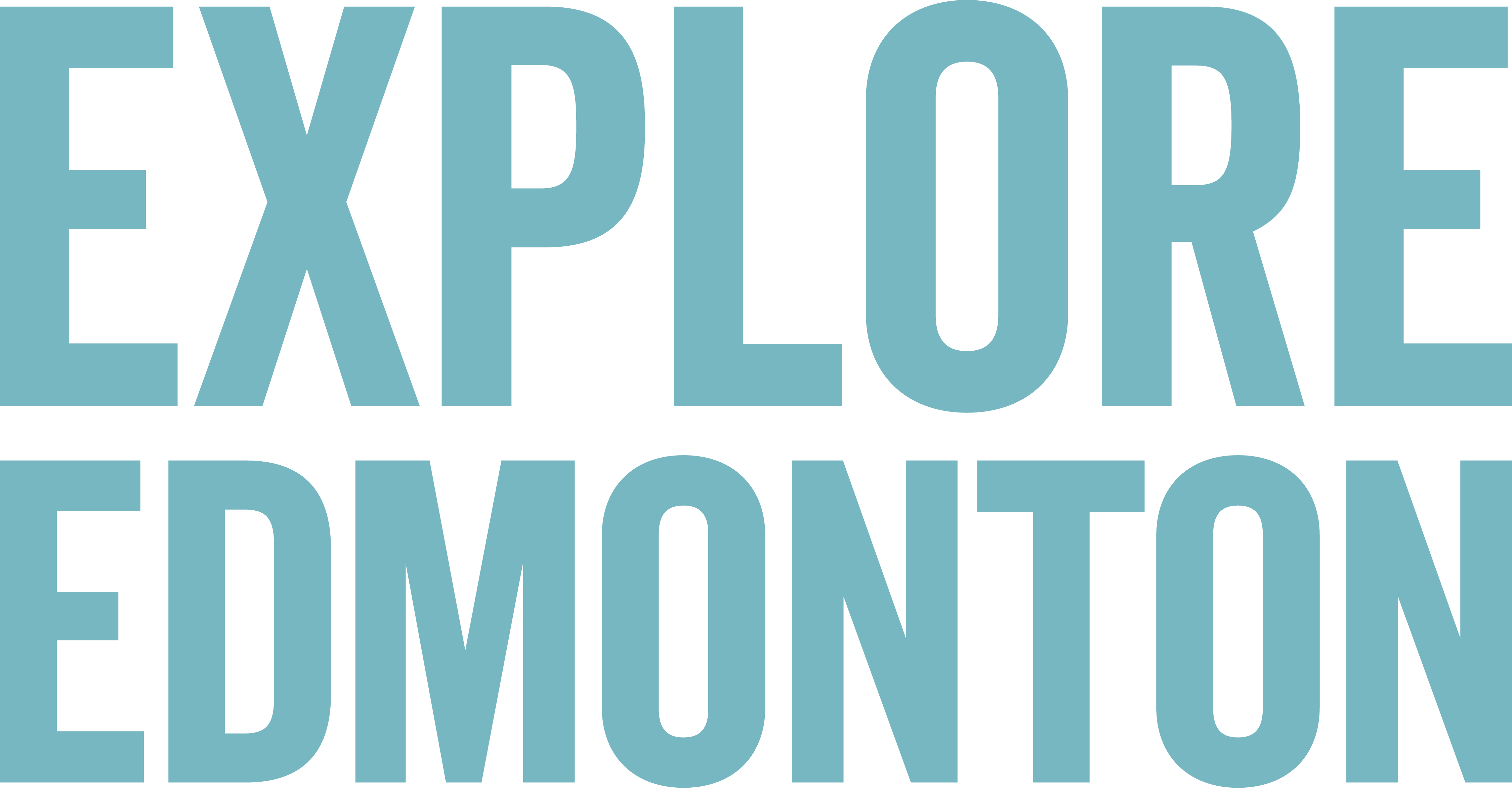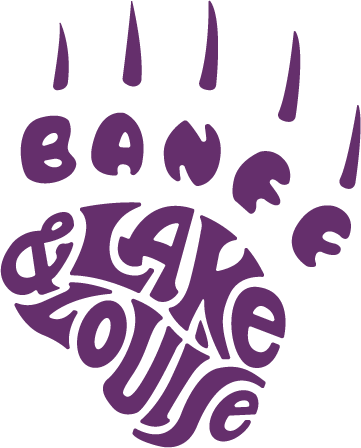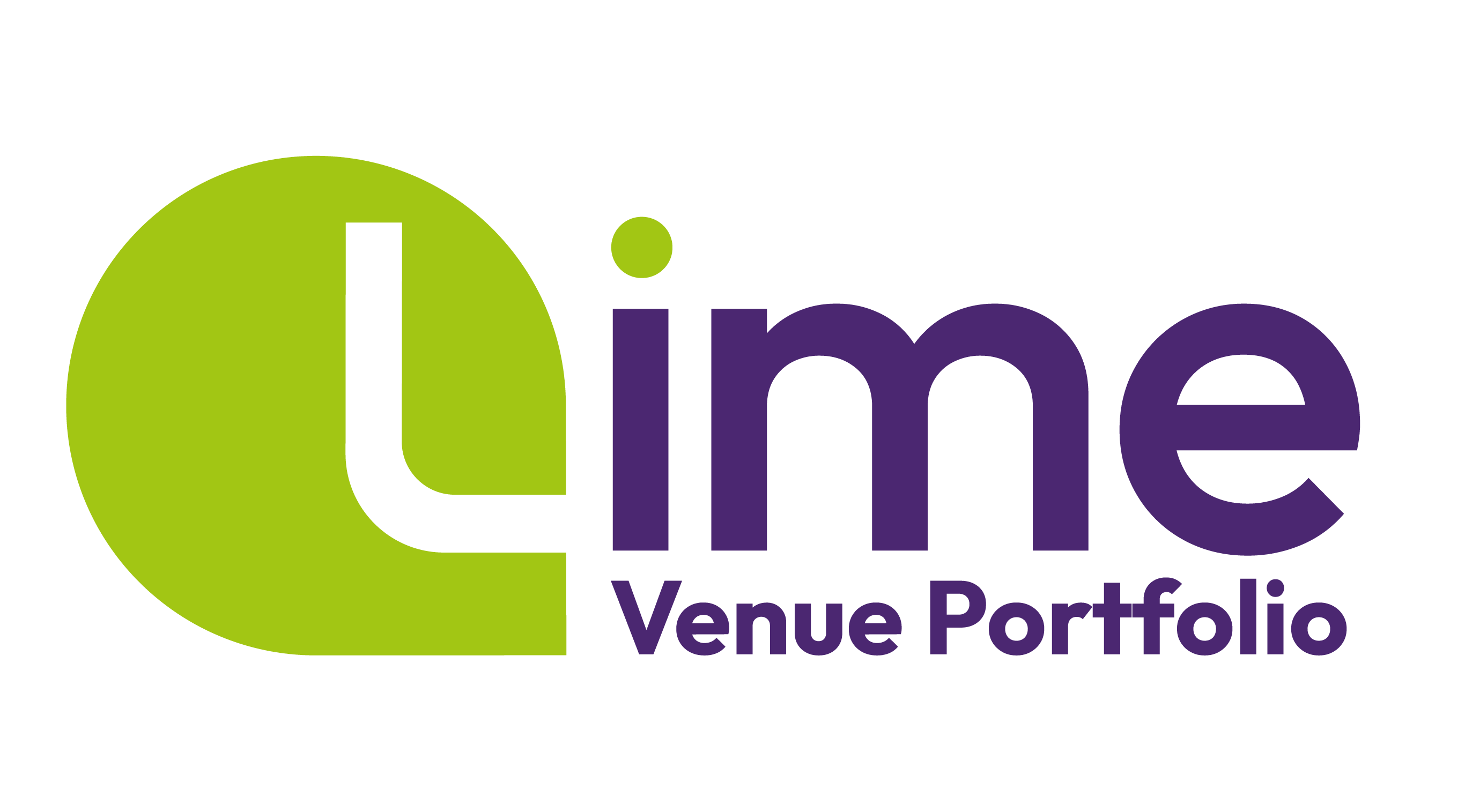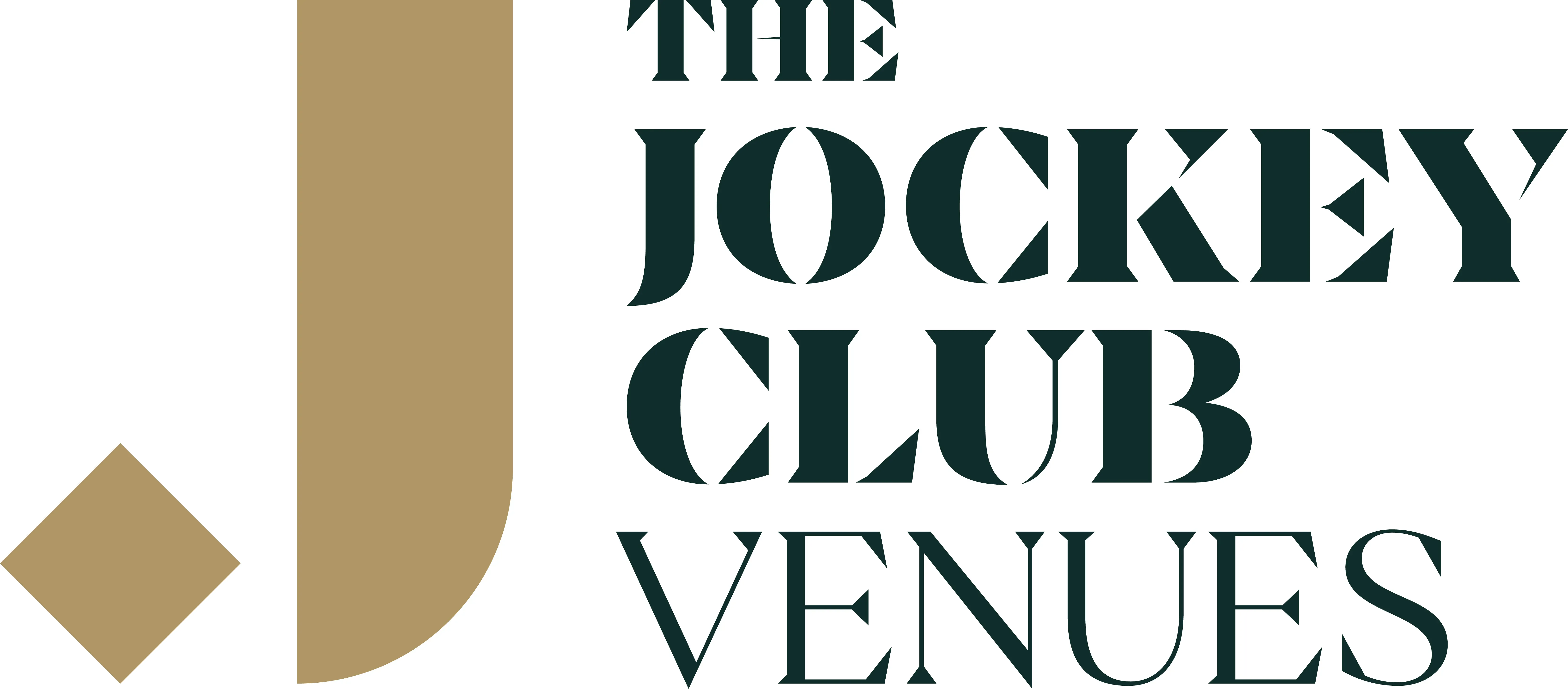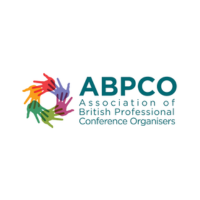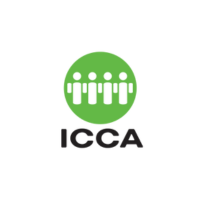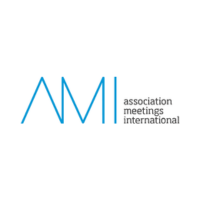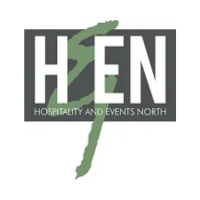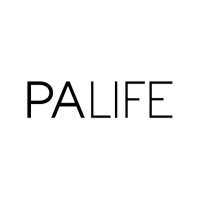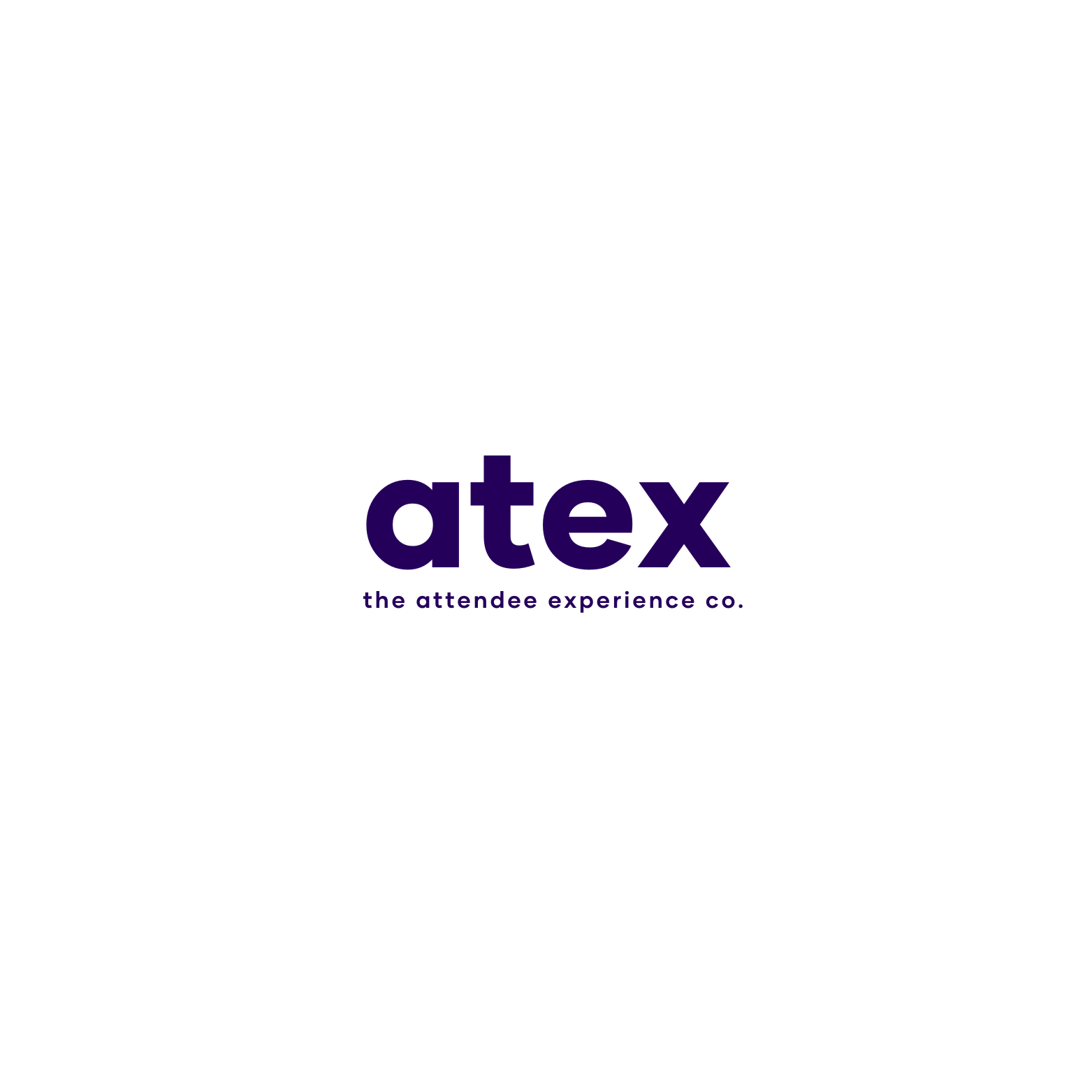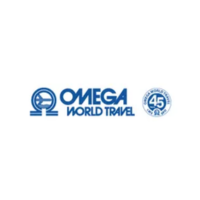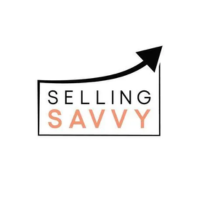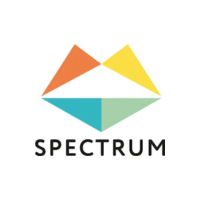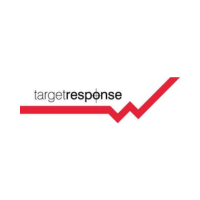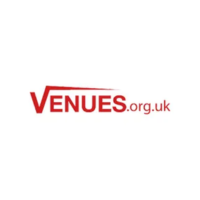Exhibitor Spotlight: VisitDenmark and Copenhagen Convention Bureau
)
Lene Corgan, head of business development, Business Events at Copenhagen Convention Bureau, outlines how the Danish city of Copenhagen is a sustainable destination for meetings and events.
Can you give us an overview of Copenhagen’s MICE market?
Copenhagen is home to a diverse meetings industry which includes Northern Europe’s largest congress center, Bella Center and a wide array of other venues that reflect the city’s DNA – be it historic or cultural venues or architectural gems.
Over the past few years, the city’s hotel capacity has increased significantly and now includes 32,000 rooms in the Copenhagen Capital Region.
Thanks to its award-winning airport, Copenhagen is well-connected and easy to reach from other destinations. From the airport, it only takes 12 minutes by metro to reach the city centre.
Why is Copenhagen the perfect place for meetings and events?
Copenhagen is the perfect mix of old and new. Beautiful, historic buildings and cobbled streets blend in perfectly with cool contemporary architecture and state-of-the-art bike paths.
The city is also rich in cultural experiences and is praised for its world-class gastronomy. Street food markets sit alongside Michelin-starred restaurants and sustainability is in the DNA of the locals.
With easy international accessibility and efficient transport infrastructure to a constantly expanding choice of inspiring hotels, venues and restaurants, this clean, compact and safe city truly has everything an event needs.
Copenhagen is a destination with a conscience and consistently ranked in the top 3 of the Global Destination Sustainability Index. Planners praise Copenhagen for its commitment to sustainability, which is very visible wherever you are. The bicycle culture, the clean harbour water, restaurants that serve green and locally produced food, eco-certified hotels and venues and even the architecture and the design!
In Copenhagen, 91% of our larger conference facilities hold a third-party eco-certification, and almost 70% of the city’s hotel rooms are eco-certified. It’s easy to make sustainable choices in Copenhagen.
Tell us more about Copenhagen’s sustainable credentials:
When it comes to sustainability in Copenhagen, we can talk about a trifecta of factors that very much go hand in hand. The many initiatives and developments in the city provide a solid foundation upon which you have a local meetings industry that is truly committed to all three pillars of sustainability. And then there are the specific projects – many of which have been developed by us – designed to help event organisers and associations prioritise sustainability and legacy when planning their events.
These include our Copenhagen Sustainability Guide, which is a pre-planning tool, highlighting the company’s ambitions and how these may contribute to the Sustainable Development Goals.
Copenhagen Legacy Lab is another initiative. In this case, it’s all about taking a strategic approach to legacy and long-term impact to ensure an event held in Copenhagen leaves a positive societal impact locally and globally and for the association.
Collaboration is another thing that often sets Copenhagen apart, also in a sustainability context. An example of this is how the local meetings industry is working together to further the sustainable agenda. They have a shared strategy, ‘Copenhagen together for positive impact’, and many of them are signatories of our joint sustainability manifesto ‘Planet Copenhagen’. In other words, it is a destination effort to provide a product that makes business events as sustainable as possible.
Why is it important that the MICE sector does run sustainably?
We are delighted to say that we see an increased focus on sustainability and how to reduce the carbon footprint of meetings and events and sustainability is actively incorporated in RFPs and the focus on this will only get bigger.
To succeed with this important agenda, collaboration is key, both between us as a DMO and our suppliers in the city and also between event planners and the entire supply chain.
For Copenhagen’s local suppliers, it’s not a question of whether they should embrace sustainable practices, but rather how they can continue to further the sustainable agenda. The majority of hotels and venues are eco-certified, and many of them have strategies in place that address everything from food waste, energy consumption, water usage and recycling to taking social responsibility and becoming a positive force within their local community.
The fact that many international organisers and associations request these types of actions only reaffirms that sustainability is good business for the suppliers. Another important reason for the local business community to continue to go down the sustainability path.
What are Copenhagen’s future MICE plans?
In 2024, a key focus area for Copenhagen’s official tourism board, Wonderful Copenhagen is to develop and promote the traditional off-season to potential leisure and business visitors. This will be done by developing a focused off-season narrative, reasons to go and by an extensive campaign targeting both leisure and business travellers. Today, Copenhagen welcomes its majority of visitors during spring and summer. With the new narrative, reasons to go and the campaign, Wonderful Copenhagen aims to tap into the big winter potential and transform the Danish capital into a year-round destination.



